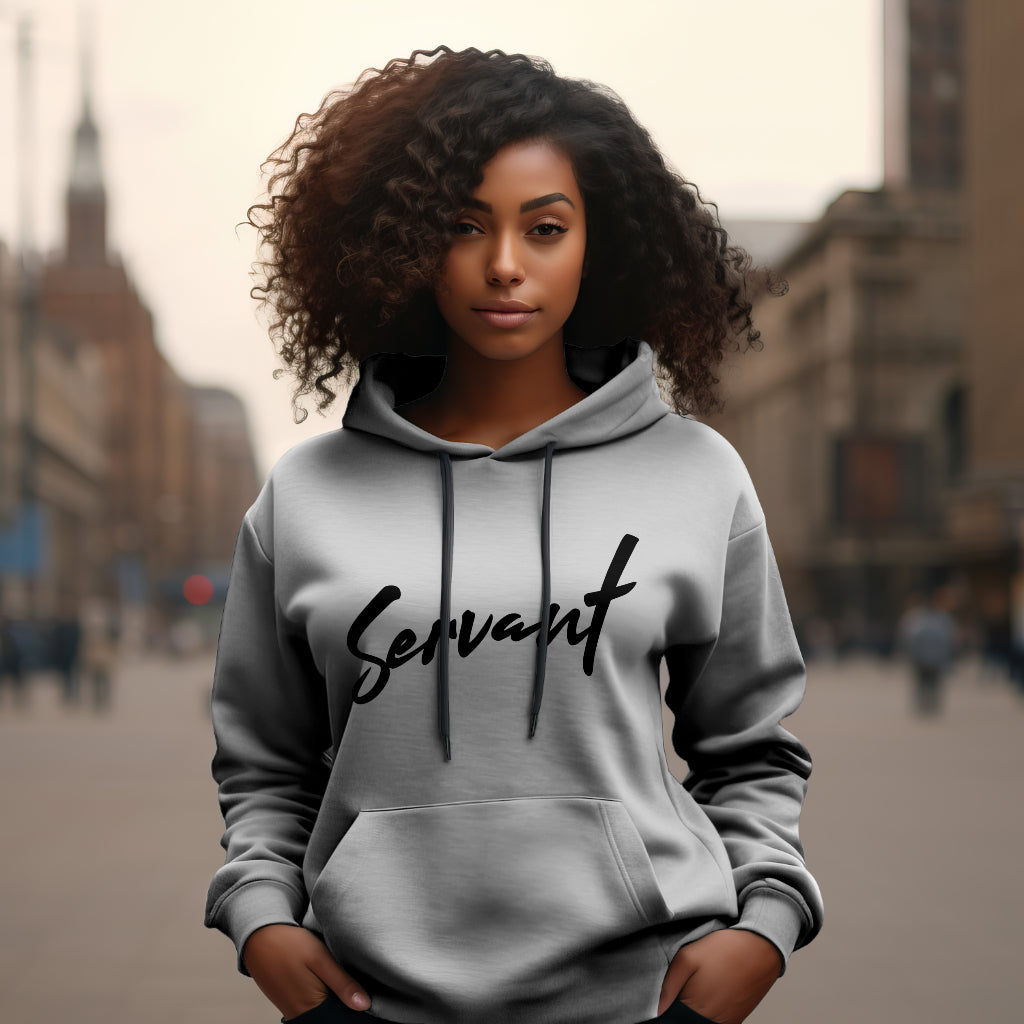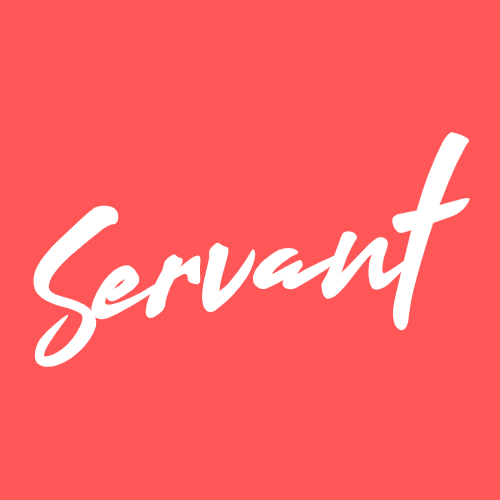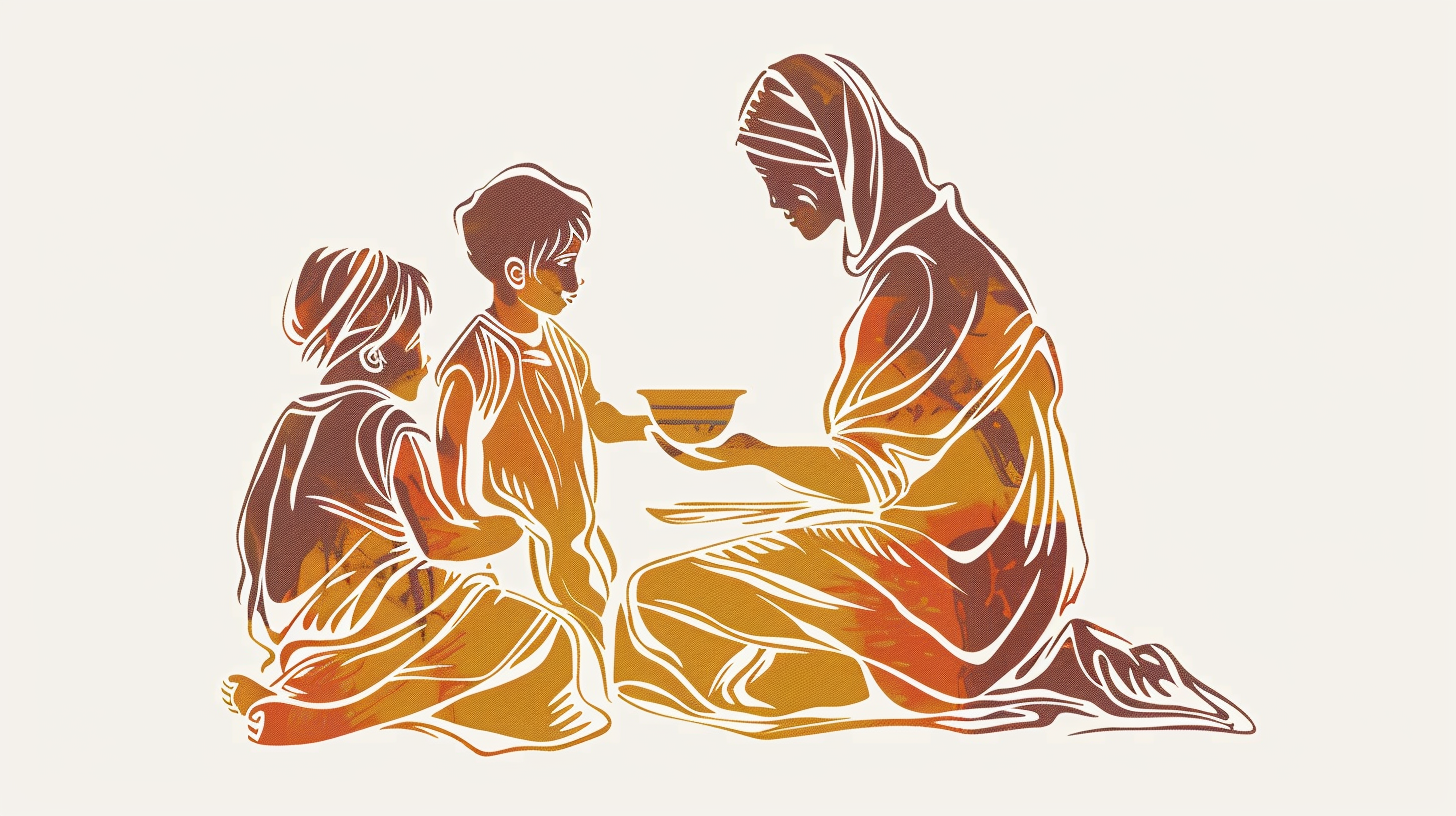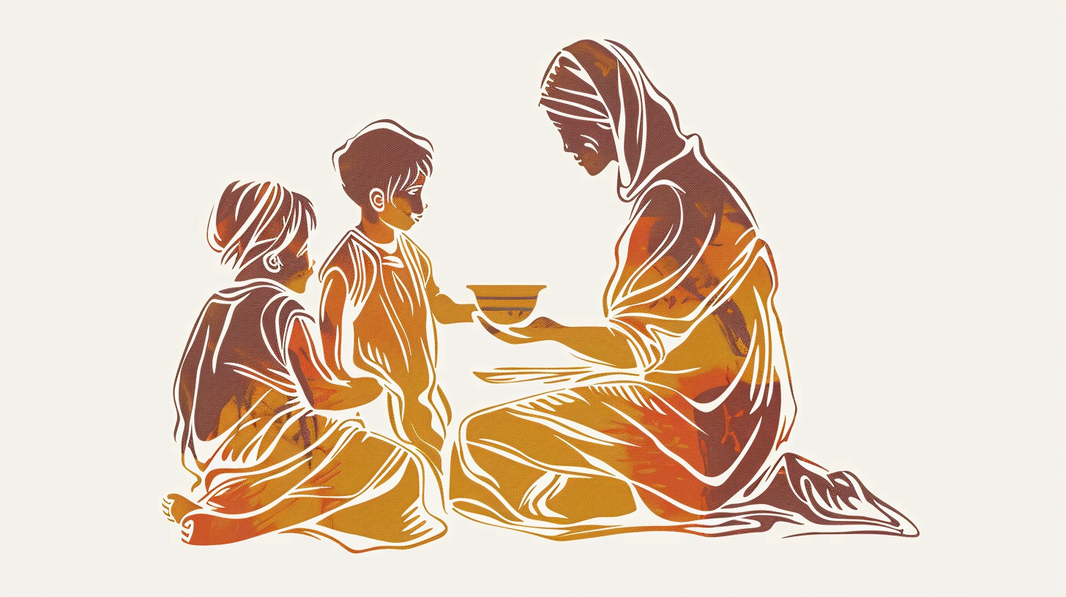Key points upfront:
-
Sometimes we’re limited more by our thinking than by our circumstances
-
Because of this, we often manifest little because we expect little
-
There are three ways we can start to get (and also give) more
Tell me if you’ve ever been here before: you’re confronted with an opportunity or challenge that looks and feels a bit daunting. You put together a well-thought-out plan, incorporating sound advice from trusted mentors, partners, and friends. You know you have the requisite skills, and the support needed, to pull off the plan, and yet you hesitate. You don’t go all the way. You say to yourself ‘Yeah, but…'
"Now there cried a certain woman of the wives of the sons of the prophets unto Elisha, saying, Thy servant my husband is dead; and thou knowest that thy servant did fear the Lord: and the creditor is come to take unto him my two sons to be bondmen. And Elisha said unto her, What shall I do for thee? Tell me, what hast thou in the house? And she said, Thine handmaid hath not any thing in the house, save a pot of oil. Then he said, Go, borrow thee vessels abroad of all thy neighbours, even empty vessels; borrow not a few. And when thou art come in, thou shalt shut the door upon thee and upon thy sons, and shalt pour out into all those vessels, and thou shalt set aside that which is full."
-- 2 Kings 4:1-4
In this story from the Old Testament, the prophet Elisha is trying to help the family of one of his recently departed students. The student left his family with debt that threatened to force the sons into slavery, so his widow went to Elisha for help.
In classic biblical fashion, the prophet starts by inquiring about her current resources. We see this pattern throughout scripture, where the signs & wonders aren’t performed out of thin air, but through common, everyday things that the people already had. This is key. It reminds us that we don’t need exceptional resources or talent to get exceptional results.
We also see that the person receiving the blessing is involved in its manifestation. They have to do their part. There are few times when someone just sits back and watches it all unfold, but more often than not they’re rolling up their sleeves to help make the thing happen. This is also key. As we’ve all heard, God helps those who help themselves.
In this case, the widow says she has nothing but a “pot of oil,” something she probably didn’t think much of, and likely didn’t consider to be that valuable.
Elisha instructs her to collect empty vessels from her neighbors so that she can pour the contents of her pot of oil into those vessels. To this, he adds a simple, yet important instruction: borrow not a few. You can imagine him emphasizing this point through tone and expression. Perhaps with a knowing and suggestive look, or an encouraging hand on her shoulder as he sent her forth.
The suggestion:
“Don’t get the amount of bottles that you think you should get. Get more. In fact, get all that you can.”
As it turns out, the widow does indeed borrow several vessels from her neighbors, and the pot of oil miraculously fills them all. It wasn’t until she ran out of empty vessels that the divine supply finally ran out. She brings the filled vessels to Elisha, and he instructs her to sell them all, pay off her debts, and live off the rest. It’s a wonderful ending, and all the people rejoice. Hallelujah!
It does make you wonder, though, what would’ve happened if he didn’t make that point? What if she didn’t believe him? You can imagine her only borrowing a handful of vessels. She was probably already skeptical about why she was borrowing any, after all, she only had a pot of oil. How many other vessels could she fill?
We all tend to operate from a perspective of fear, cynicism, and lack, and close ourselves off to the potential of abundance, of serendipity, and of divine provision.
So what do we do to operate in a more abundant mindset? How do we begin to stretch our faith so we can expand our comfort zone, and broaden the boundaries of what we believe is possible?
1. Embrace a Growth Mindset
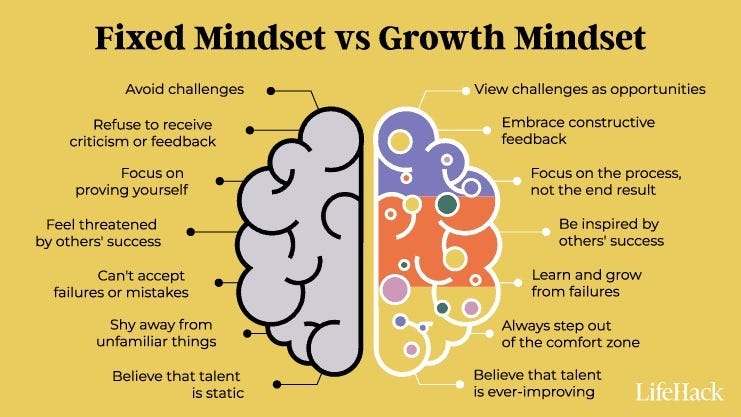
A growth mindset will allow us to evaluate these situations more objectively, but also with a sense of optimism. We can develop plans to mitigate our risks, or at least come to peace with them. Yes, we might fail. Yes, we might be embarrassed, but so what?
2. Speak Life
I never lose. I either win or learn.
— Nelson Mandela
This quote by Nelson Mandela reflects a powerful sense of conviction and self-worth. You can imagine how many times he had to speak strength over himself in his 27 years in prison AND during his term as the first president of South Africa.
3. Do it Scared
Let me bring this point home: the debt represents our challenges in life, the oil represents our gifts and abilities, and the empty vessels represent our opportunities. The more we believe in ourselves, and walk boldly in our purpose, the more we can take advantage of opportunities, and overcome challenges. That’s our everyday miracle. Available to us all the time.
So take some deep breaths, beloved, and go. Pour yourself out.
Note: this post originally appeared on our founder's personal blog, All Systems Full.
